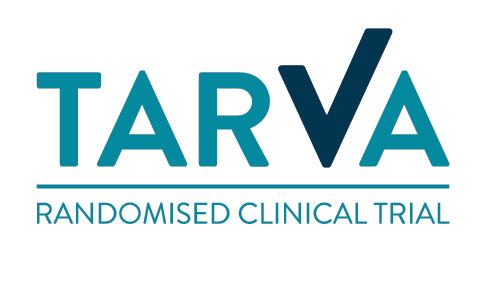Background
The main surgical treatments for end-stage ankle arthritis are ankle arthrodesis or total ankle replacement (TAR). Approximately 3,000 patients with ankle arthritis undergo ankle arthrodesis or TAR in the NHS each year. Both treatments are available on the NHS, and both have been reported to have good results. Some studies suggest that TAR restores a more natural walking pattern than ankle fusion but other studies have suggested that the need for further surgery is higher with TAR than with fusion. Information on all TARs implanted in the NHS has been captured on the National Joint Registry since 2010, but no similar national registry exists for ankle fusion. There has never been a published randomized trial directly comparing the two procedures.
Research Questions
In patients aged 50 or more with end-stage ankle arthritis:
Does total ankle replacement lead to
Better patient outcomes in comparison to ankle arthrodesis (fusion)?
Improved pain free function (as measured by MOXFQ walking/standing domain)?
Improved quality of life (as measured by EQ5D)?
Reduced complications?
Is ankle replacement a cost-effective alternative to ankle arthrodesis?
Objectives
We will determine which treatment offers better pain free function and quality of life, fewer complications and best value for money; to disseminate the trial findings to the public through the patient group involved with our research as well as through peer reviewed journals, conferences, seminars and meetings.
A 6-month feasibility phase was performed to enable us to review and adopt effective patient recruitment and retention strategies; the number of surgeons and centres participating in the trial were increased as a result.
Design & Methods
This is a multi-centre trial involving 328 patients, aged between 50-85 years with end-stage ankle arthritis, randomised to one of two surgical treatments; TAR or ankle arthrodesis (164 patients per group). Up to 17 UK centres will be involved. Patients will have clinical assessments and complete questionnaires before their operation, and at 6, 12, 26 and 52 weeks after surgery. The primary outcome is a patient reported outcome measure (the change in walking/standing domain of the MOXFQ, a validated clinical score) from before surgery to 12 months after surgery. Other outcomes include quality of life scores, complications, revision and other reoperation, and value for money. Beyond the end of the trial, patients will be sent questionnaires at 2, 5 and 10 years following surgery so that long term outcomes can be captured.
Status
The trial started recruiting in January 2015 at four pilot sites in Stanmore, London; Wrightinton; Aintree; and Sheffield.
By April 2017, seventeen sites were recruiting and over 170 patients had joined TARVA.
Recruitment closed in December 2018.
Funding
The trial has been funded by the National Institute for Health Research (NIHR) Health Technology Assessment (HTA) Programme – HTA Project: 12/35/27
Approvals
London – Bloomsbury Research Ethics Committees: 14/LO/0807
Trial Identifiers
International Standard Randomised Controlled Trial Number: ISRCTN60672307
ClinicalTrials.gov: NCT02128555
Universal Trial Number (UTN): U1111-1157-4155

